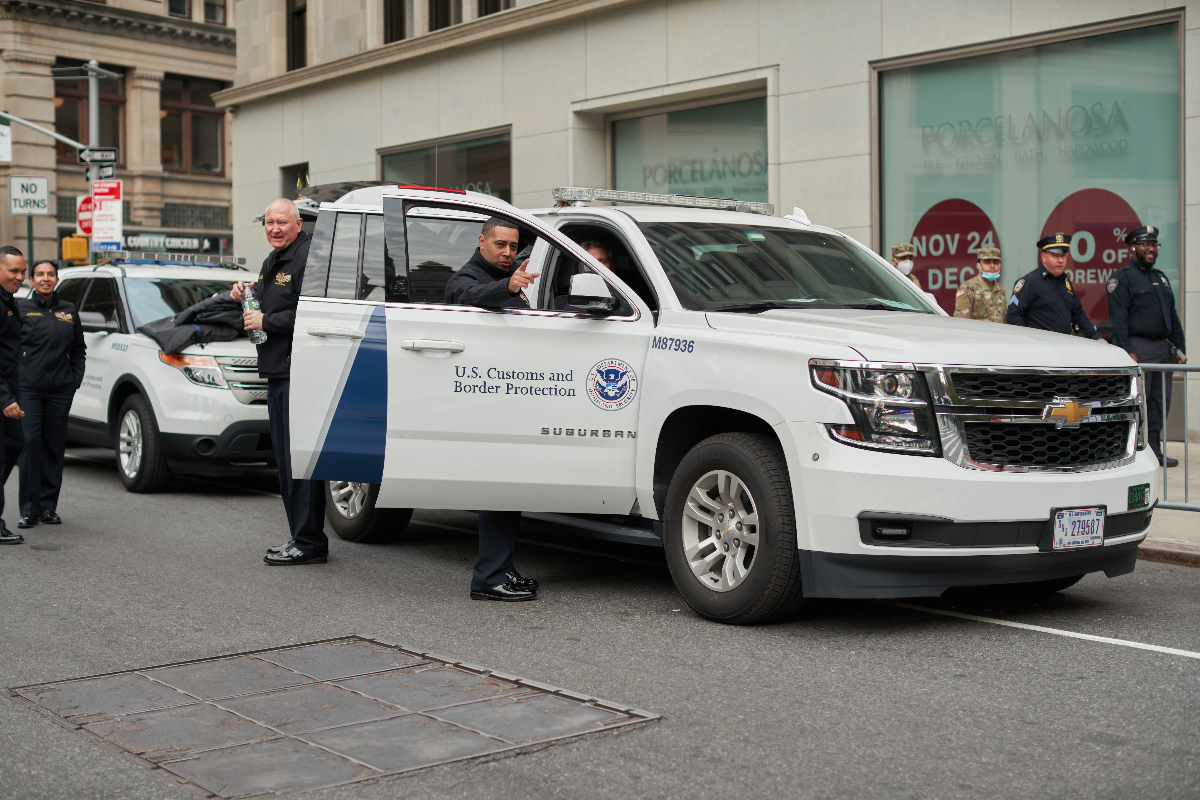On June 9, 2025, agents from the Hartford Homeland Security Investigations (HSI), in conjunction with the Internal Revenue Service(IRS) Criminal Investigations, conducted a labor compliance inspection at D-Hand Car Wash, located in Southington, Connecticut. As a result of the operation, four undocumented workers of Guatemalan origin were administratively arrested for remaining in the United States without legal authorization.
According to authorities, this action is part of federal efforts to enforce employment laws and ensure that businesses do not hire individuals without immigration authorization, a practice that can negatively affect the labor market and law-abiding employers.
Labor control and fair competition

Michael J. Krol, special agent in charge of HSI in the New England region, stated:
“Ensuring compliance with federal labor laws is crucial to maintaining a fair and competitive business environment.”
He also emphasized that businesses like D-Hand Car Wash, which hire unauthorized employees, “undermine the integrity of the immigration system and gain unfair advantages over law-abiding companies.”
Four undocumented workers of Guatemalan origin were arrested
These labor inspections are part of ICE’s efforts to review employment eligibility at companies across the country.
If violations of immigration laws are detected during these operations, undocumented workers may be detained, prosecuted and, in the event of a final order of deportation, removed from the United States.
Call to the community

Following the raid on a car wash, ICE also called on the public to report suspicious activity or immigration-related violations.
Anyone can contact the agency confidentially by calling 866-DHS-2-ICE (866-347-2423) or submit information through the agency’s online form.
These types of labor raids have intensified in 2025, especially in sectors such as agriculture, construction and services, where undocumented workers are commonly employed.
For the Hispanic community, this represents the importance of knowing their immigration status, seeking regularization if possible, and consulting with specialized attorneys.
For more information, visit QuéOnnda.com.























